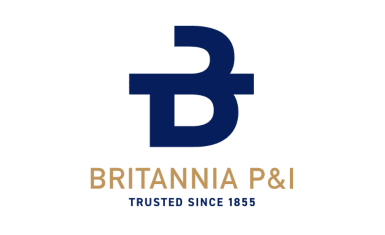
UKP&I Club has developed the UKP&I guide to Safe LNG Bunkering Practices (Second Edition) in collaboration with Brookes Bell.
The guide presents a practical resource for the safe and efficient bunkering of liquefied natural gas (LNG) in the maritime industry.
In response to global decarbonisation efforts and the growing adoption of LNG as a fuel in transition, this guide explores the physical characteristics of LNG, associated hazards, and recommended best practices for its handling, storage, and transfer. Continue reading “UKP&I guide to safe LNG bunkering practices”









